
views
Studying the Material
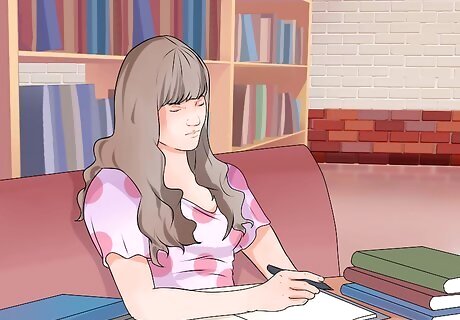
Find a quiet place to study. Physics can be a difficult subject to master and outside distraction will make it even more difficult. Removing distractions and having a quiet place to learn will make it easier to focus. Libraries are a great place to learn with quiet areas and access to resources.

Read multiple books and textbooks. Though you may have one official textbook, there are hundreds of books on physics. One book may offer a different take on the same topic that will make more sense to you. Go to the library and find information on the topic you’re struggling with in multiple books. Read the different explanations to find the one that makes the most sense to you.
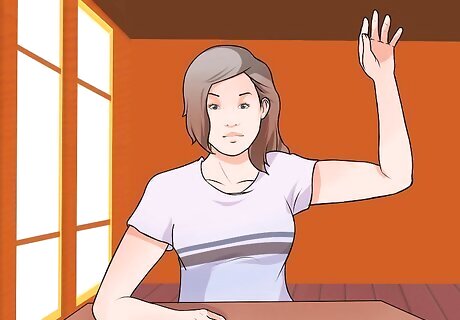
Ask questions. If you don’t understand something, ask someone to help you out. Talk through concepts and problems with other students or professors. There is no shame in asking a question if something doesn’t make sense to you. Ask questions early and often. The material builds upon itself so if you don’t have a firm understanding of the basics, you will easily get lost later on. Get a tutor if you are really struggling to understand the material.

Try an online course. There are many open courseware options available online that can assist in your studies. Interactive modules and problems are a great way to form a solid foundation of physics basics. Look for content offered by universities. You can also look to online sources like YouTube for educational videos that explain how to solve particular physics problems. These can be especially helpful if you are a visual learner, as they often offer contextual visuals.
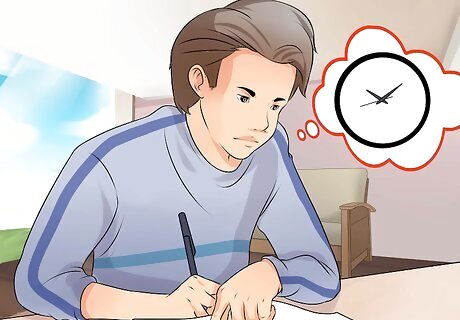
Set up a daily study routine. Blocking out time to study will help you stay on task and make progress every day. Once you get set in the routine, studying at that time will become automatic. Find at least an hour in your schedule to study each day. If you study for more than an hour at a time, take a break between every hour block to help avoid burnout. Let your friends and family know not to bother you during this time.
Doing Practice Problems
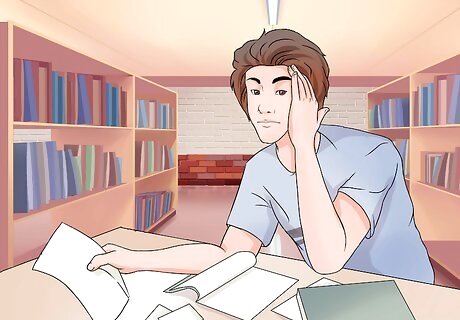
Memorize the formulae. There are a lot of formulae and although you may be able to look them up, solving problems is easier when you can write down the formulae without looking. You will need to not only memorize specific formulae but also understand what each variable stands for in the formulae you memorize. For example, in F = m x a, 'F' represents force, 'm' represents mass, and 'a' represents acceleration. Use flashcards to help you memorize everything.
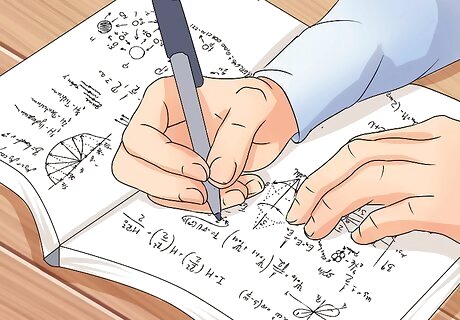
Write down the known information. The first step to solving a problem is writing down all of the knowns in the question. Sometimes there will be information in the problem that isn’t actually necessary to solve it. Go through the problem and identify the variables that are relevant to solving the problem. Determine what the question is asking. Many times, the problem doesn’t directly ask a question, but you have to figure out what the problem is asking given the information provided.
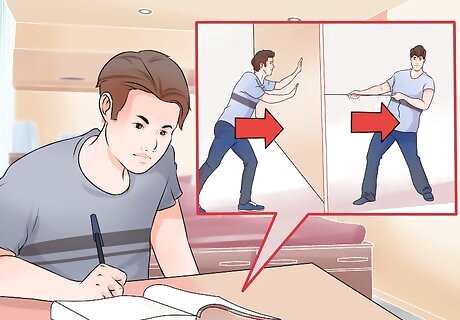
Draw diagrams to help you visualize the problem. Physics is a very visual subject and drawing diagrams is extremely helpful in determining how to solve a problem. Force diagrams are very common in physics and help you determine the magnitude and direction of a force. Diagrams are also essential for problems pertaining to electricity and magnetism.
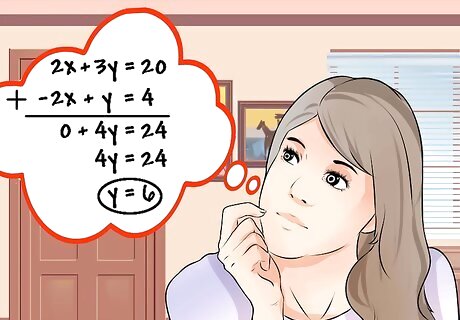
Determine the correct equations to solve the problem. Many problems will require multiple equations to fully complete. After writing known information and determining what the problem is asking, you can figure out which equations are necessary. If you haven’t fully memorized the equations yet, make a quick reference sheet of relevant formulas.
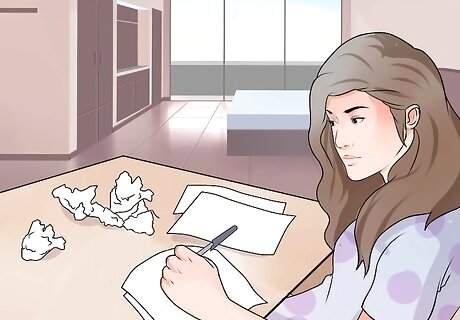
Do lots of practice problems. The best way to master a new subject is to practice it. Start with simple problems and do as many as it takes until you truly understand that concept. Move your way up to more complicated problems as you master each topic. Your textbook should have many practice problems with answers in the back. Always check your work with an answer key to make sure you are solving problems correctly. Do problems with friends. If you get stuck, you can work through it together.
Teaching the Material
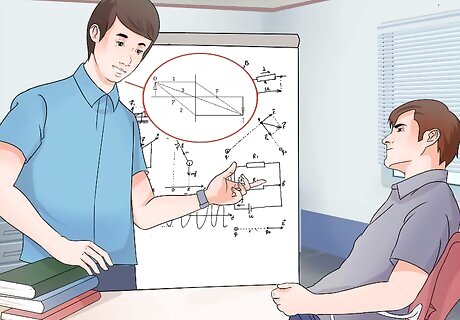
Teach a concept to someone else. If you truly understand a topic, you should be able to easily explain it to someone in a way that allows them to also understand. In addition, teaching material will enhance your own learning and recall. Try teaching physics to your friends or parents. If you find it difficult to explain, review that topic in more detail.
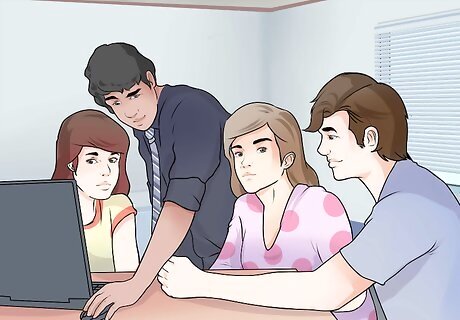
Lead a study group. Forming study groups can be helpful for many reasons. Oftentimes, you might understand something better than your colleague and be able to explain it to them, or vice versa. Forming study groups is a great way to learn, teach, and have fun with the material. Set up a time that works well for everyone and stick to it.
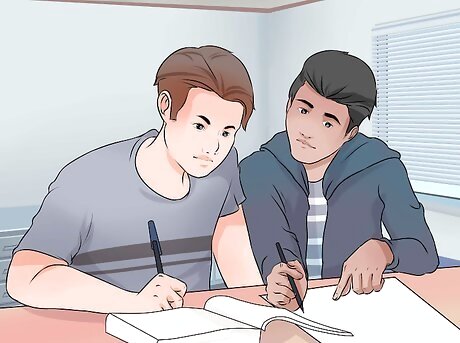
Sign up to be a tutor or teaching assistant in a class. By registering as a tutor you will have repeated opportunities to teach physics to others. As you help other students learn, you will gain a greater understanding of the topics yourself. Check your university learning center for open opportunities. You can also tutor online.













Comments
0 comment